Berkshire Mall in Pittsfield, MA - site & start
Berkshire Mall opened in September 1988 as an enclosed mall built by The Pyramid Companies. It stood in Lanesborough, close to Pittsfield, and was reached from Old State Road and the Route 7-Route 8 Connector.
Construction began after 1987 planning by The Pyramid Companies, which advanced the project amid competing mall proposals in Berkshire County.
The Route 7-Route 8 Connector was built for access, and a year later the Baker Hill Road District formed to maintain it and collect assessments tied to the property.
The layout spanned roughly 700,000 square feet on one level. A single concourse linked the anchors, with storefronts facing inward beneath an even grid of lighting.
The entrances connected directly to surface parking lots, and each major store had its own door.
The mall opened with Hills, JCPenney, Sears, Service Merchandise, and Steiger's as anchors.
Over the next few years, the interior mix stabilized and the property operated as a regional shopping point for Berkshire County, serving nearby towns that lacked enclosed retail space.
Opening lineup and the first retail mix, 1988-2000
The first days at Berkshire Mall carried the sound of footsteps across new tile.
Inside its single corridor, five anchors framed a mix of national and regional retailers.
Hills, JCPenney, Sears, Service Merchandise, and Steiger's opened together, their entrances set deep behind wide glass doors that faced a steady flow of shoppers from across Berkshire County.
Each store had its own pull.
Hills handled household staples and clothes, while Service Merchandise drew families looking for catalog bargains.
Filene's would come later, but in those early years, Steiger's still hung its gold-lettered sign above polished terrazzo.
The mall's plan was practical rather than grand. One floor.
One straight concourse. Stores that could be seen end-to-end without obstructions.
By 1994, the mall experienced its first quiet change when Steiger's became Filene's, a rebranding that kept the box full and the lights on without disruption.
Inline shops continued to turn over, bringing in national fashion names and quick-service food chains.
Then, in 2000, Old Navy arrived near the center walkway.
Its bright walls and fast fashion gave the property a fresh draw as older anchors aged in place.
At the decade's close, every large store still operated, and the layout remained unaltered from the day it opened.
Replacements and remodels reshape the wings, 1999-2006
Service Merchandise closed in 1999, ending a long catalog showroom era.
The building was demolished, and in 2002, the site reopened with Best Buy and Linens 'n Things.
Both offered direct exterior entrances, expanding the mall's reach into electronics and home goods.
The wing's rebuilt footprint reflected the early 2000s trend toward big-box convenience, and the concourse gained a renewed flow of customers moving between new and existing tenants.
The discount wing changed next.
Hills had converted to Ames during the 1990s, but Ames shut down in 2001 during its final liquidation.
Target took over the space and opened in January 2006 with a full-line store, its own entrance, and an adjacent parking field that quickly became the most active side of the property.
Filene's, which had taken over the former Steiger's space in 1994, rebranded as Macy's in 2006 as part of a regional consolidation.
That year, Berkshire Mall was anchored by Target, Macy's, JCPenney, and Sears.
On the outer pads, Best Buy and Linens 'n Things operated alongside the main structure, and the interior concourse continued to connect all anchors through one uninterrupted level of enclosed retail.
Anchor losses and a new owner, 2015-2017
The Berkshire Mall, which entered 2015, was already quieter than before.
Best Buy closed at the end of October that year, pulling electronics from the off-mall pad it had occupied since 2002.
Within months, more closures followed.
On January 6, 2016, Macy's confirmed it would leave, taking with it the department store that had once anchored the property's busiest wing.
In September 2016, the entire mall changed hands.
Kohan Retail Investment Group purchased the complex, adding it to a portfolio of aging regional centers around the country.
The transaction marked a shift from a developer-based operator to an investment firm that specialized in distressed retail properties.
Maintenance slowed, vacancies increased, and the mall entered a new phase.
The year 2017 brought two more losses that reshaped the corridor.
On March 17, JCPenney announced its closure as part of a national reduction plan.
Then, on November 2, Sears released its own notice, ending decades of trade on the site.
The store finished liquidating in January 2018.
When the lights went out in that anchor box, only Target and the Regal cinema remained, holding open the outer edges of an interior that was quickly running out of tenants.
Concourse goes quiet and the cinema fades, 2019-2022
By spring 2019, the interior of Berkshire Mall had turned mostly dark.
On May 28, the concourse closed to shoppers, leaving Target and Regal Cinemas accessible only from their exterior doors.
The corridors were locked, benches removed, and entryways sealed with temporary partitions.
The closure ended thirty years of enclosed shopping under a single roof.
In July 2019, the property changed hands again.
Durga Property Holdings bought the mall for roughly 1 million dollars, a sharp drop from the sale price three years earlier.
The new owner inherited an empty interior but left the exterior tenants in operation.
The site functioned more like a strip center, with two active buildings and an unused middle spine.
By February 1, 2022, Regal Cinemas closed permanently.
The movie listings disappeared from the marquee, and its ticket windows were shuttered.
After the closure, Target stood as the only tenant connected to the former mall complex.
Inside, the once continuous concourse stayed unlit and quiet, its storefronts intact but unused.
The property remained open to vehicles, but the heart of the mall was closed, waiting for its next purpose.
Pivot attempts: cannabis to senior housing, 2023
In 2023, Berkshire Mall reentered public discussion for the first time in years.
The interior had been closed since 2019, yet the property still held potential in its wide, unused floorplate.
In April, JMJ RE Holdings reached a host community agreement with Lanesborough to convert the mall's empty concourse into a cannabis cultivation facility.
The plan used the former retail spaces as grow rooms and processing areas, with loading docks repurposed for distribution.
The proposal promised steady use for the vacant building, but it never moved to construction.
By October, the owners pivoted. They withdrew from the cannabis project and began to promote a plan for senior housing.
Early descriptions referenced 400 to 600 apartments, a mix of assisted living and condominiums, possibly supported by small-scale commercial uses.
The change of direction aimed to reuse the large structure without expanding the footprint.
All through 2023, no one from the public stepped inside.
Target operated on its own grounds, apart from the locked interior of the original building.
The move away from industrial use toward residential plans reflected the owners' drive to find any workable role for what used to be Berkshire County's commercial hub, now left silent within.
Road district lawsuits, taxes, and a partner named, 2024-2025
By 2024, the story of Berkshire Mall had shifted from redevelopment plans to municipal disputes.
That July, Lanesborough leaders examined traffic control at the Old State Road entry and mentioned a sinkhole by the shuttered Best Buy site.
At the same time, two regional districts confronted the owners over overdue tax bills.
On December 3, the Fire and Water District filed suit, and two weeks later, the Baker Hill Road District submitted a verified complaint over unpaid assessments tied to the Route 7-Route 8 Connector Road.
Through 2025, arguments over money kept circling even as small signs pointed forward.
In May, the owner paid about $290,000 FY25 town tax balance, though Baker Hill's issues remained open.
The district in August reported a $500,000 shortfall and prepared a second lawsuit.
Leaders later said taxpayers would not see an increase in rates.
That same month, JMJ RE Holdings identified Integritus Healthcare as its redevelopment partner.
The concept centered on a senior-living campus with 400-plus units and some supportive retail space.
By early fall, Select Board agendas again listed the mall for discussion.
The property still operates with only Target active, while legal and planning issues keep it in the public record rather than in use.

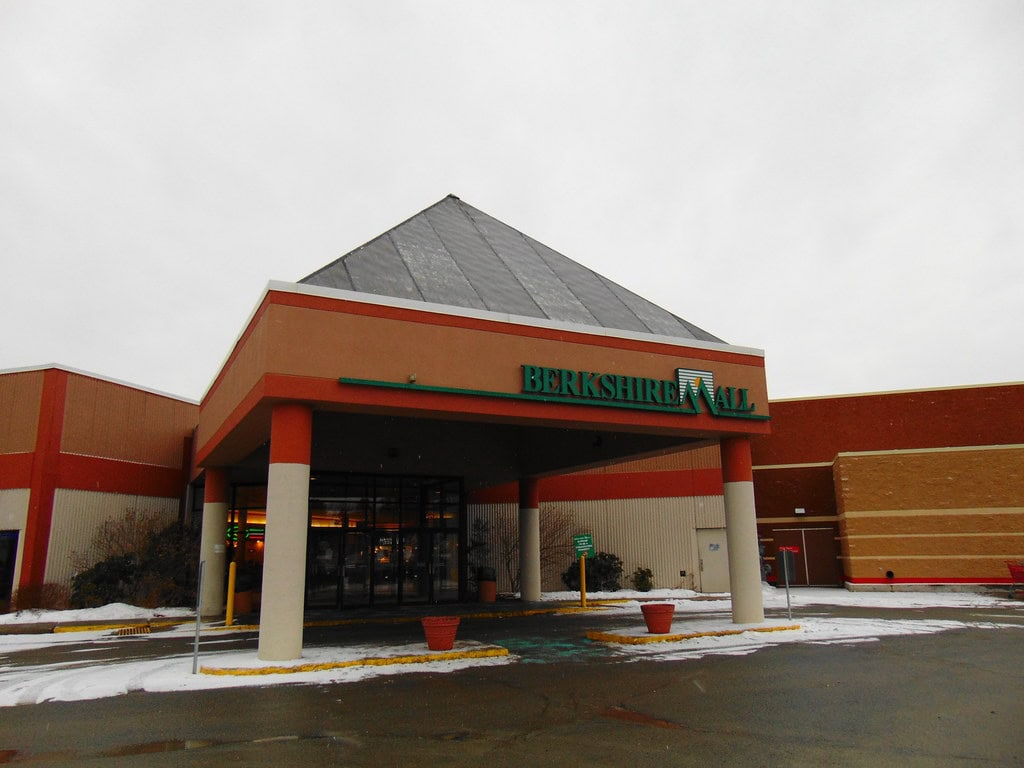
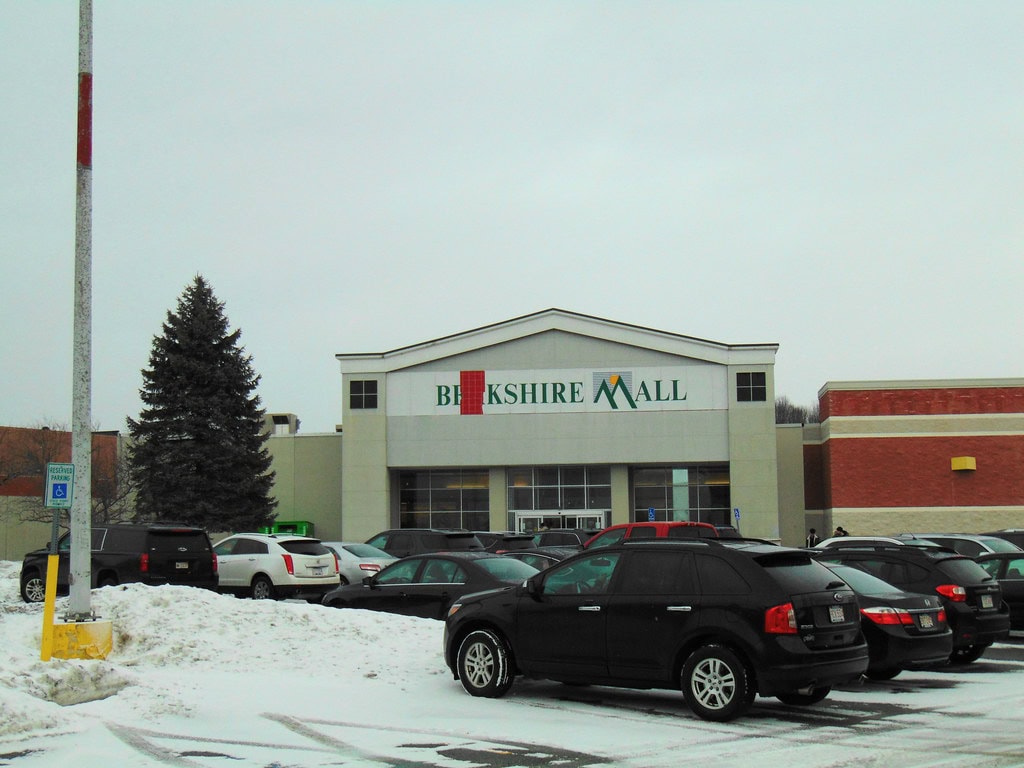
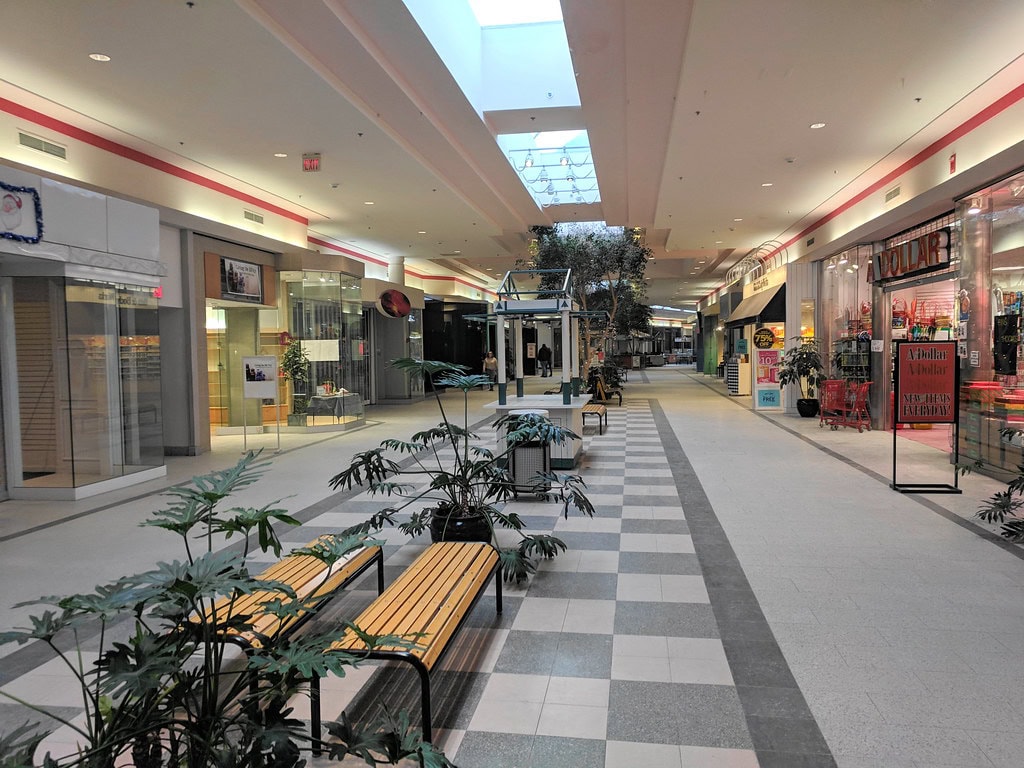
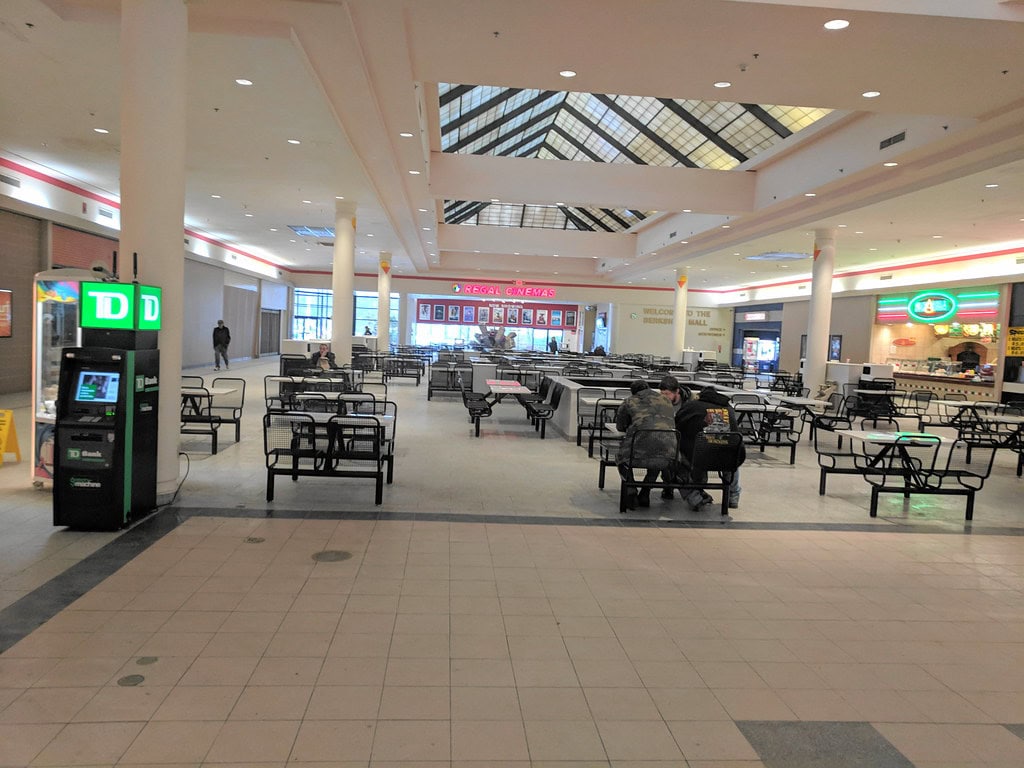
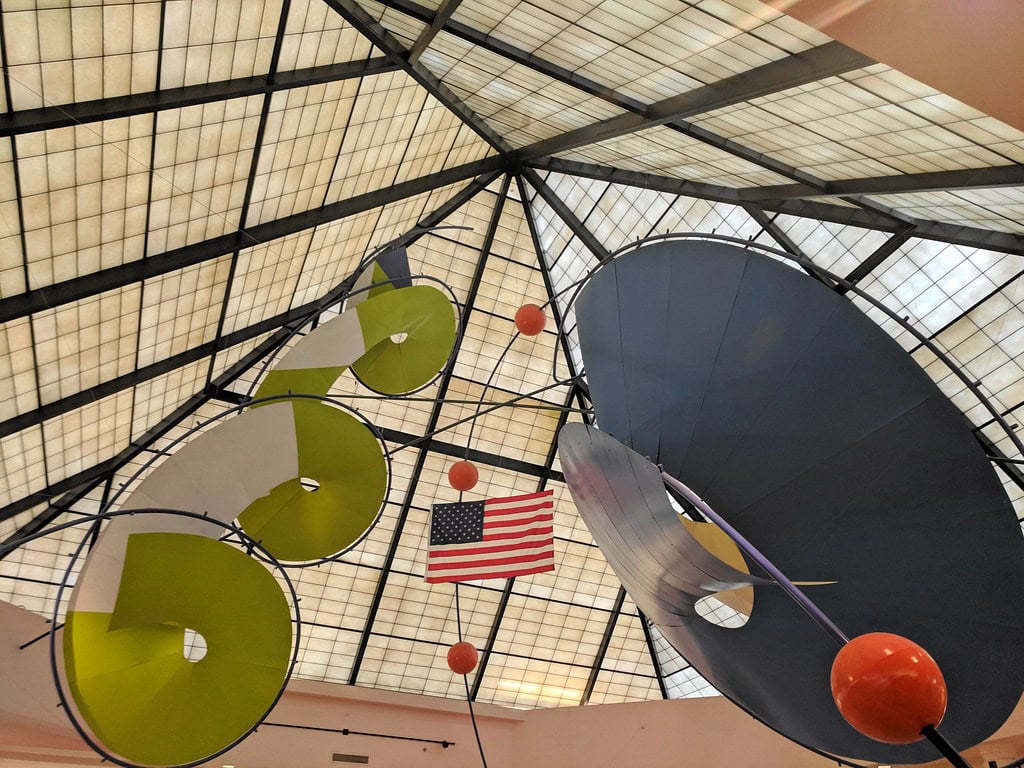
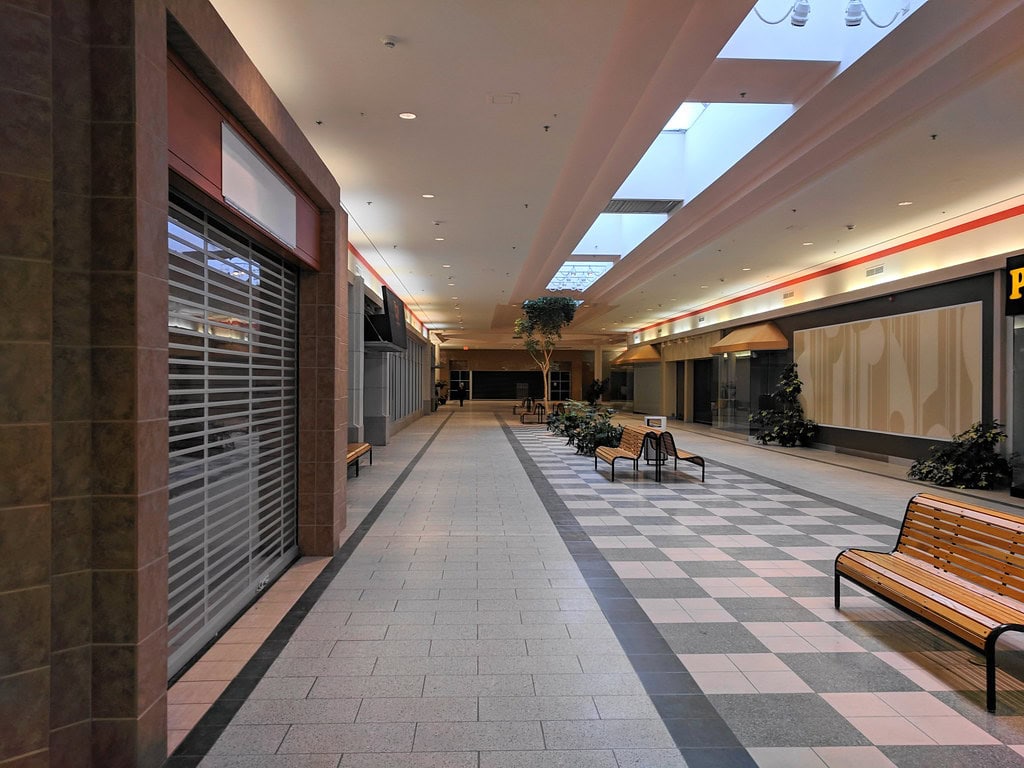
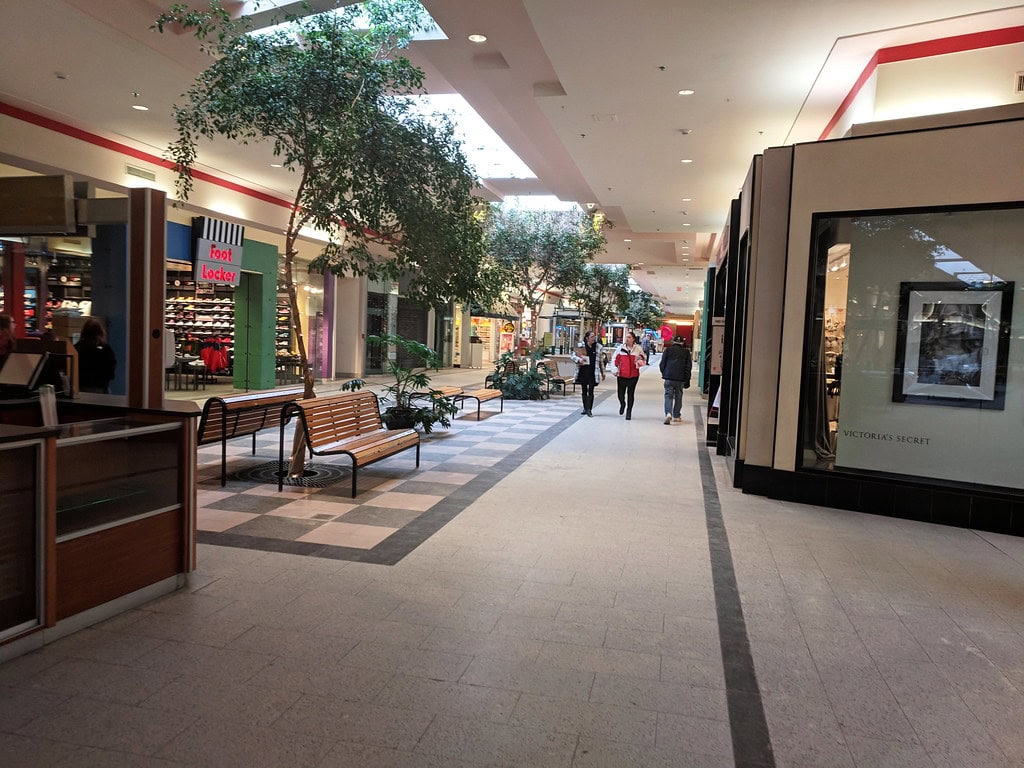
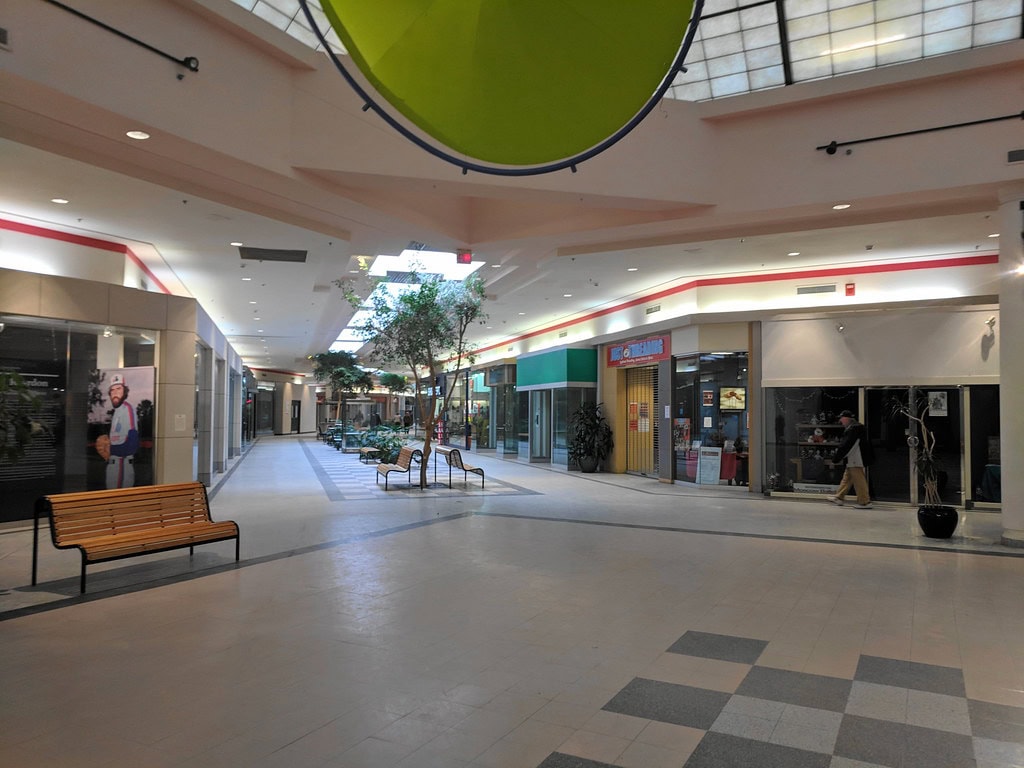
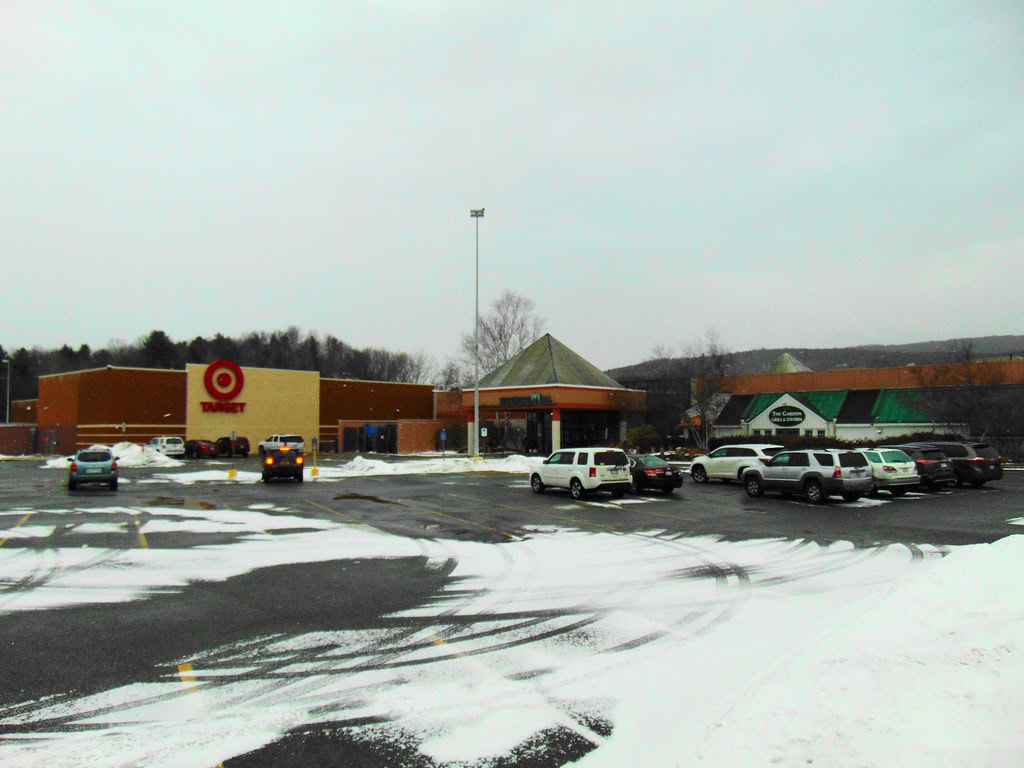
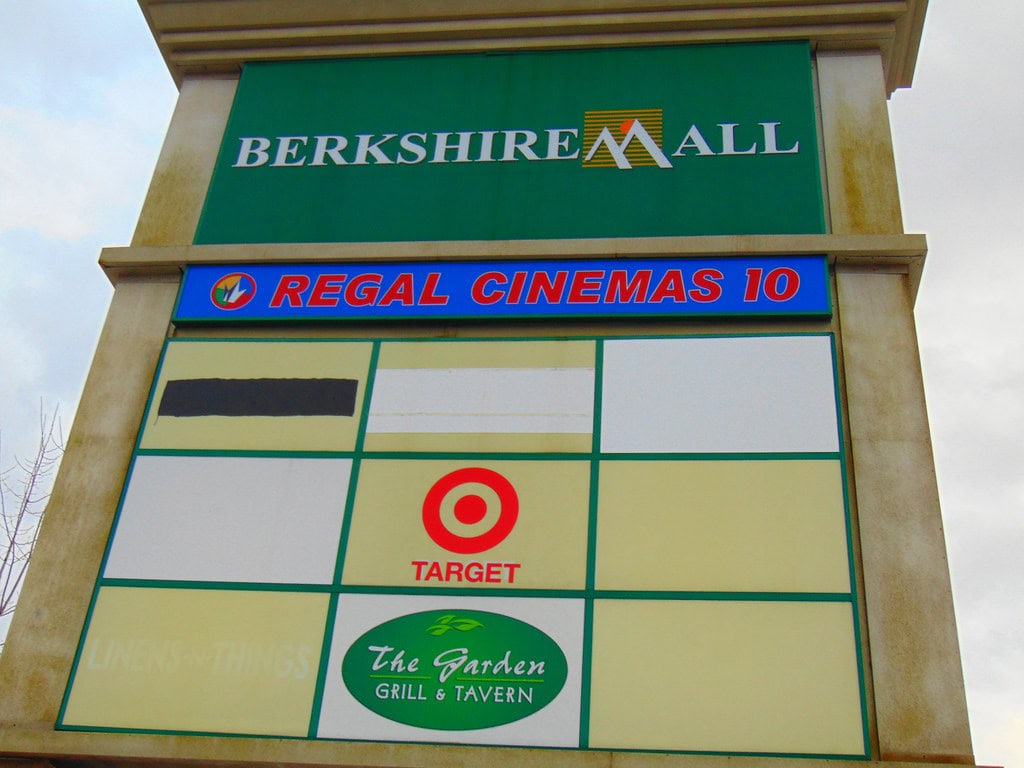
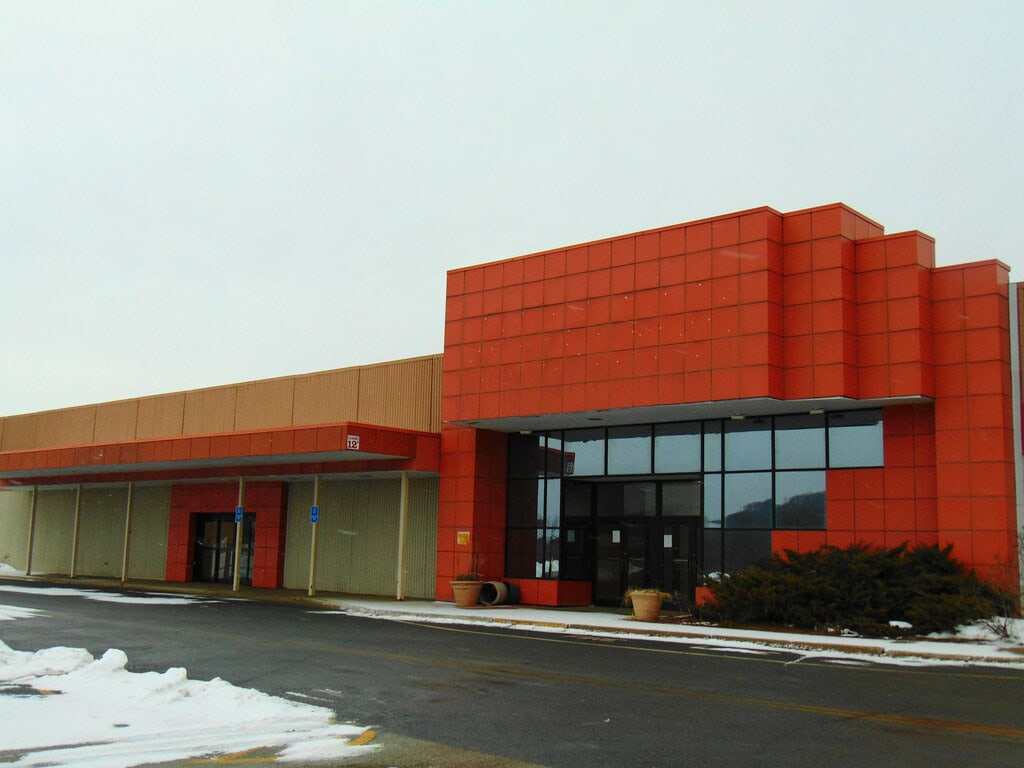
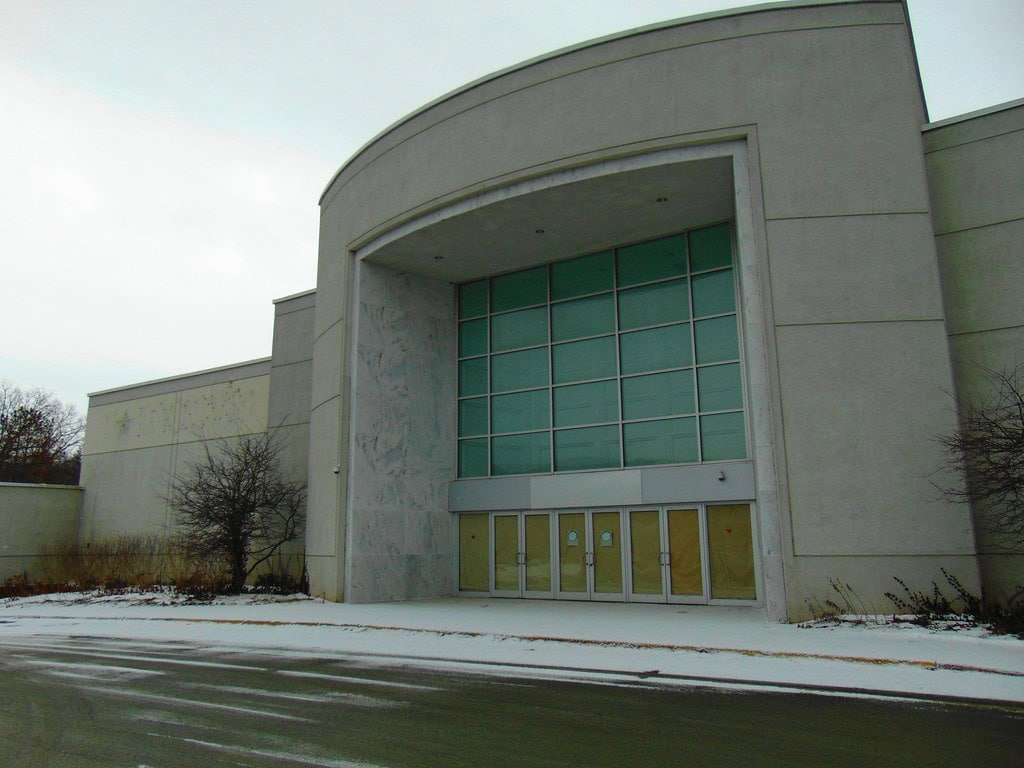
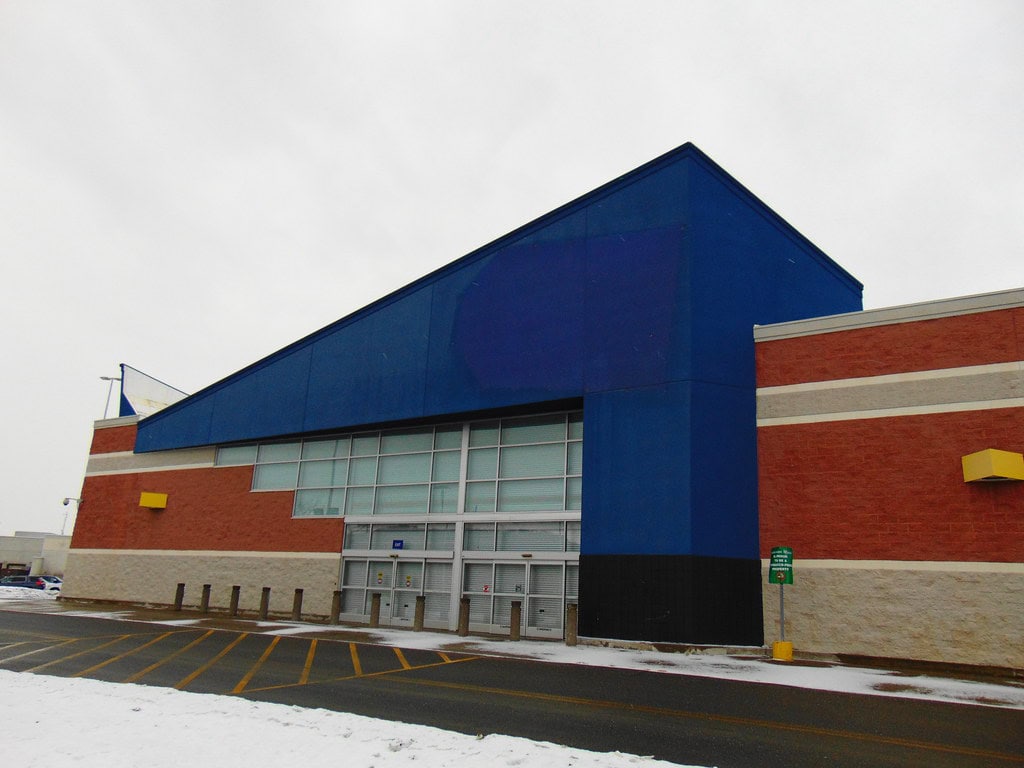
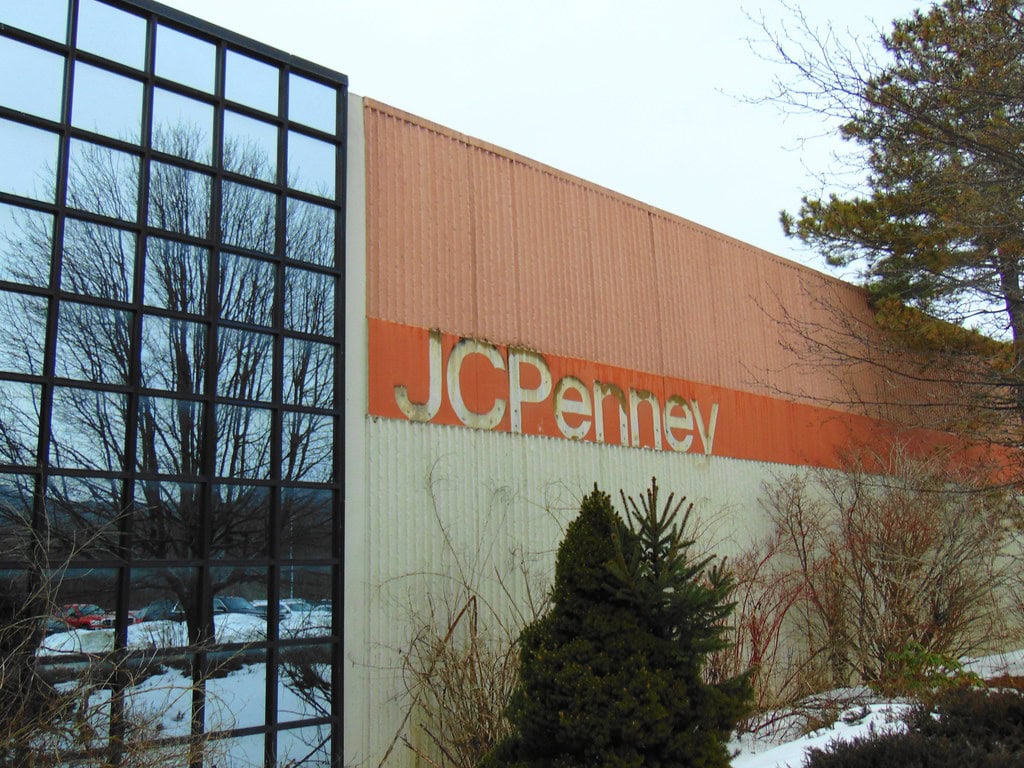
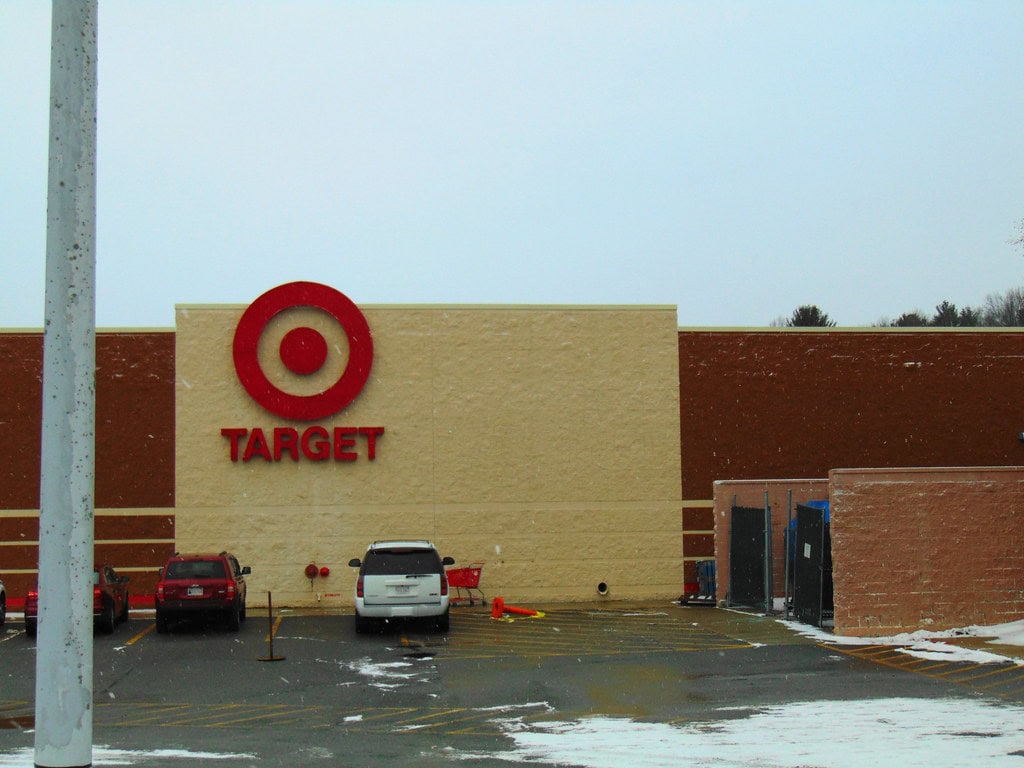
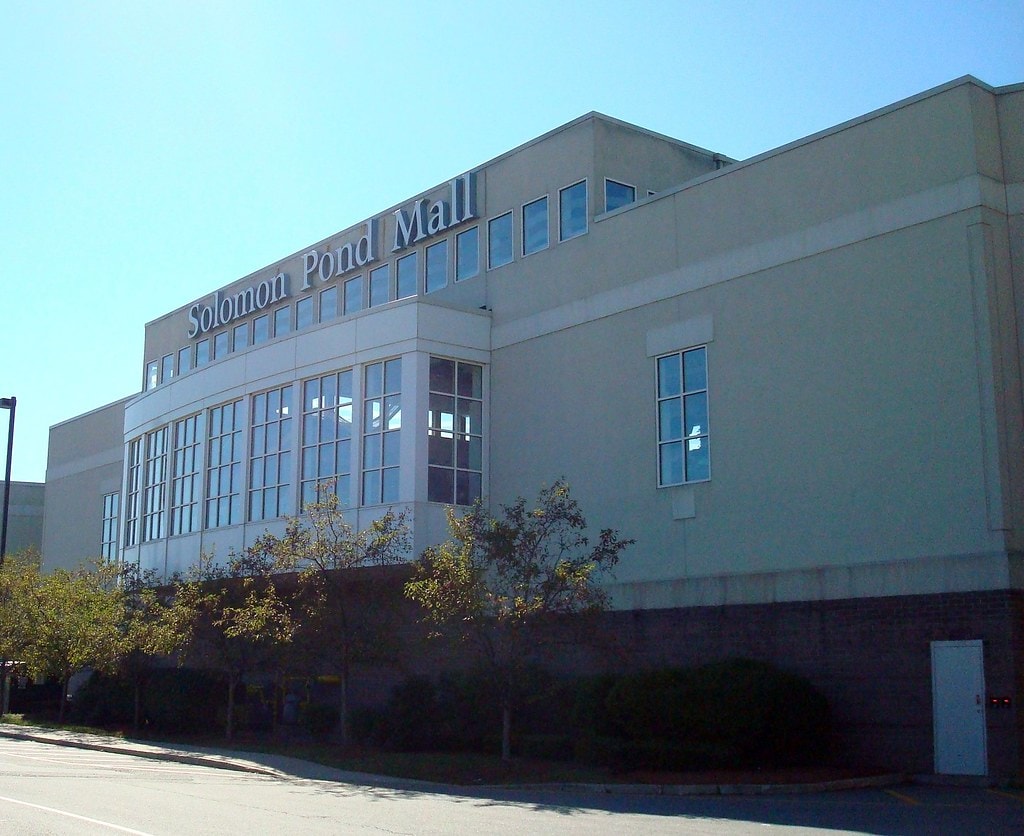
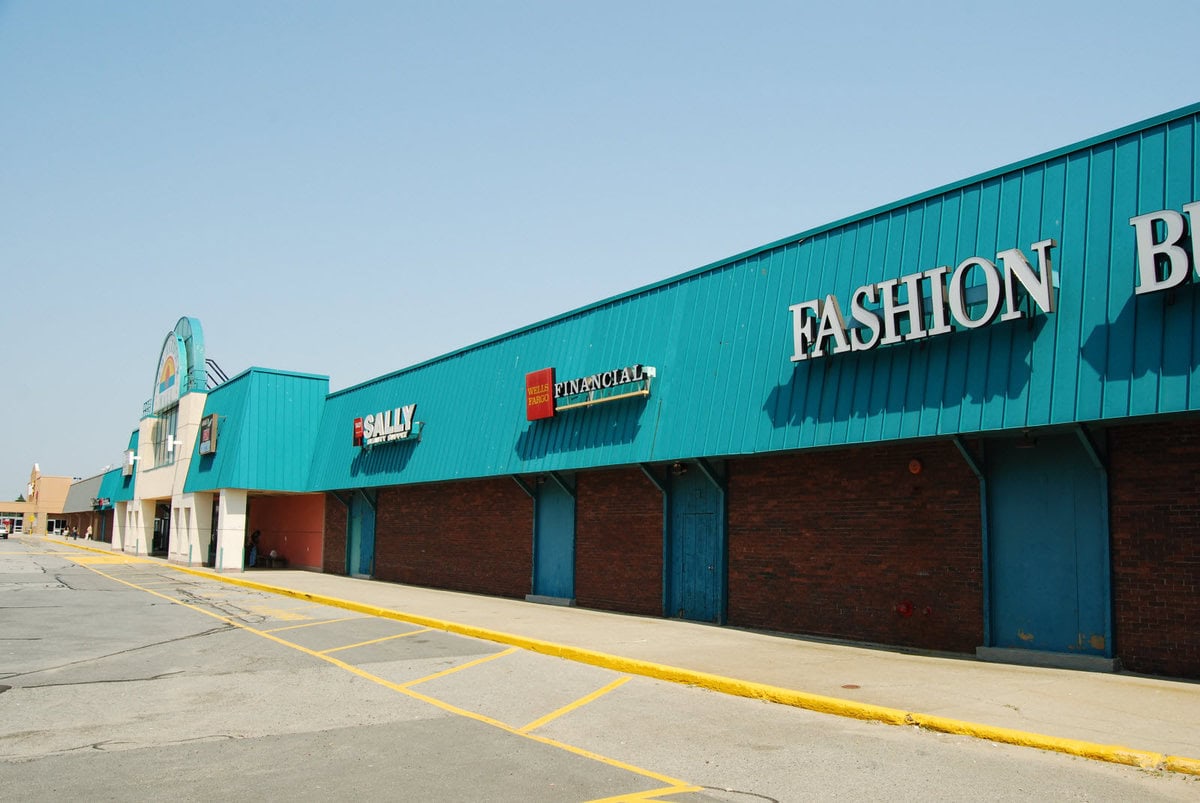
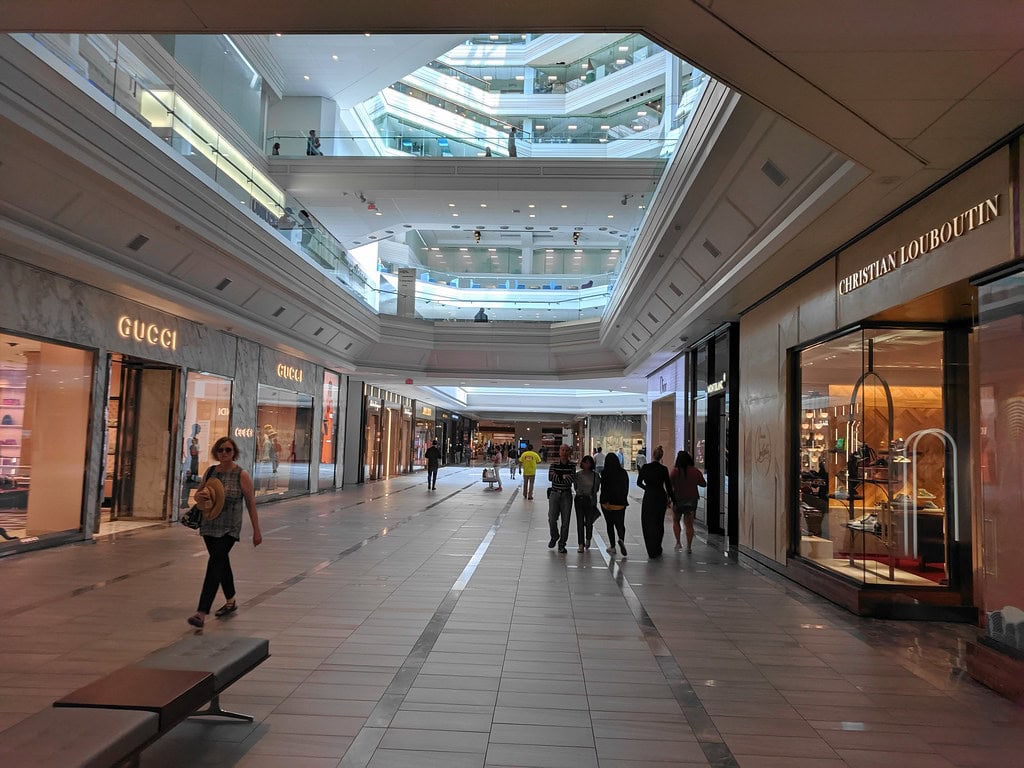
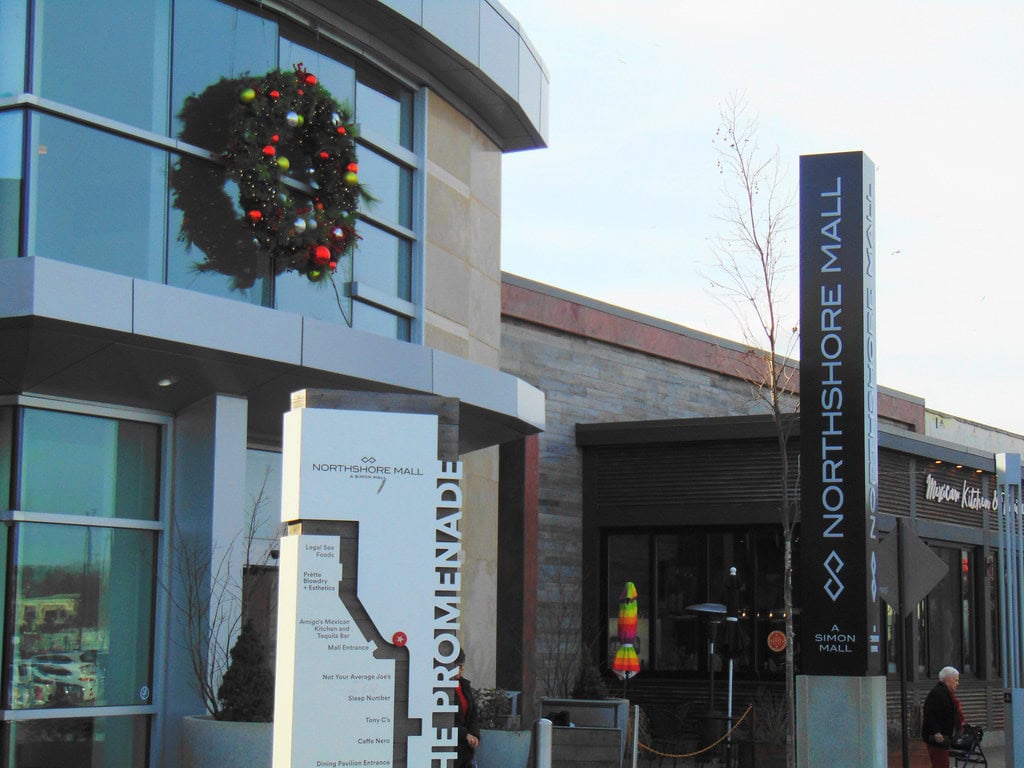
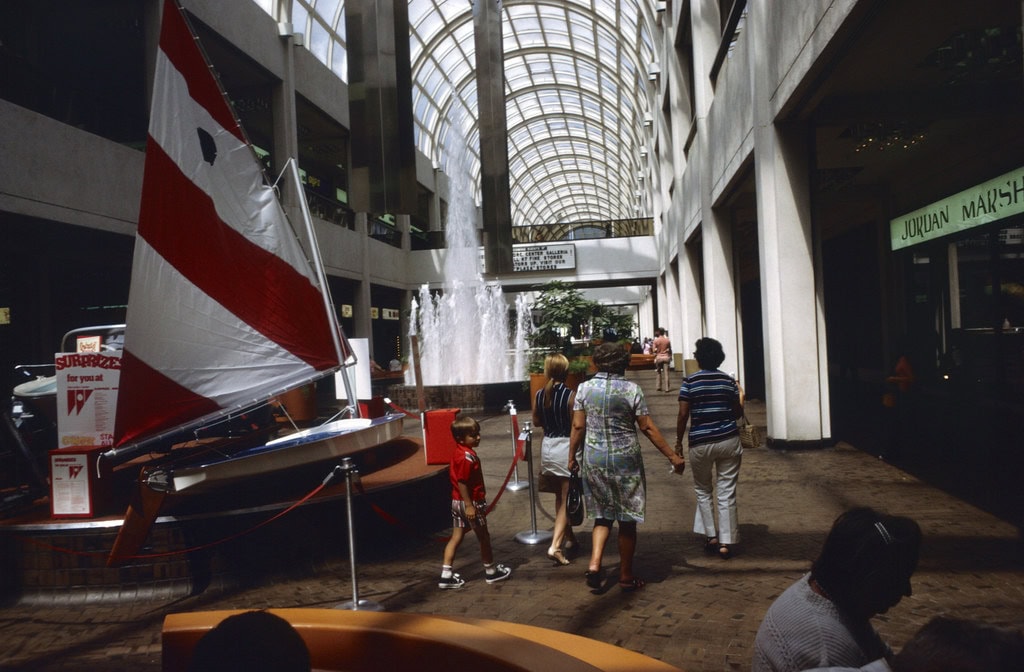
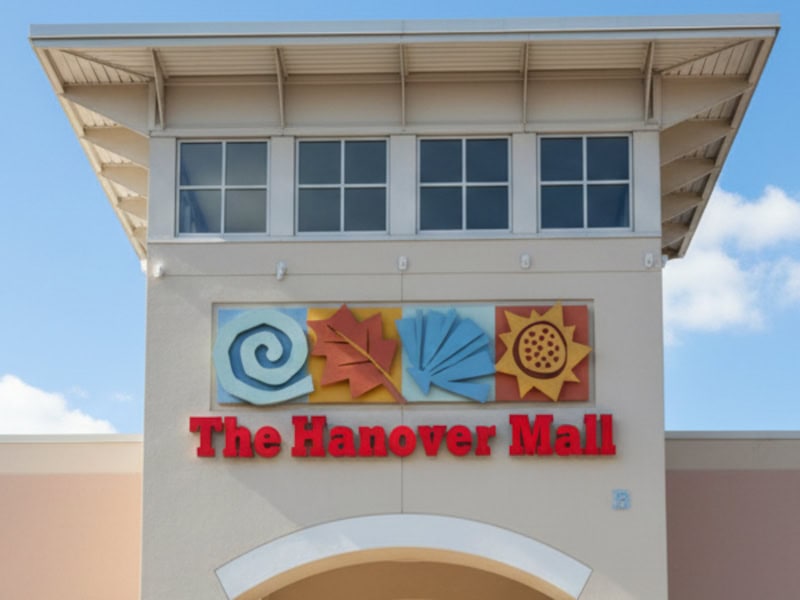
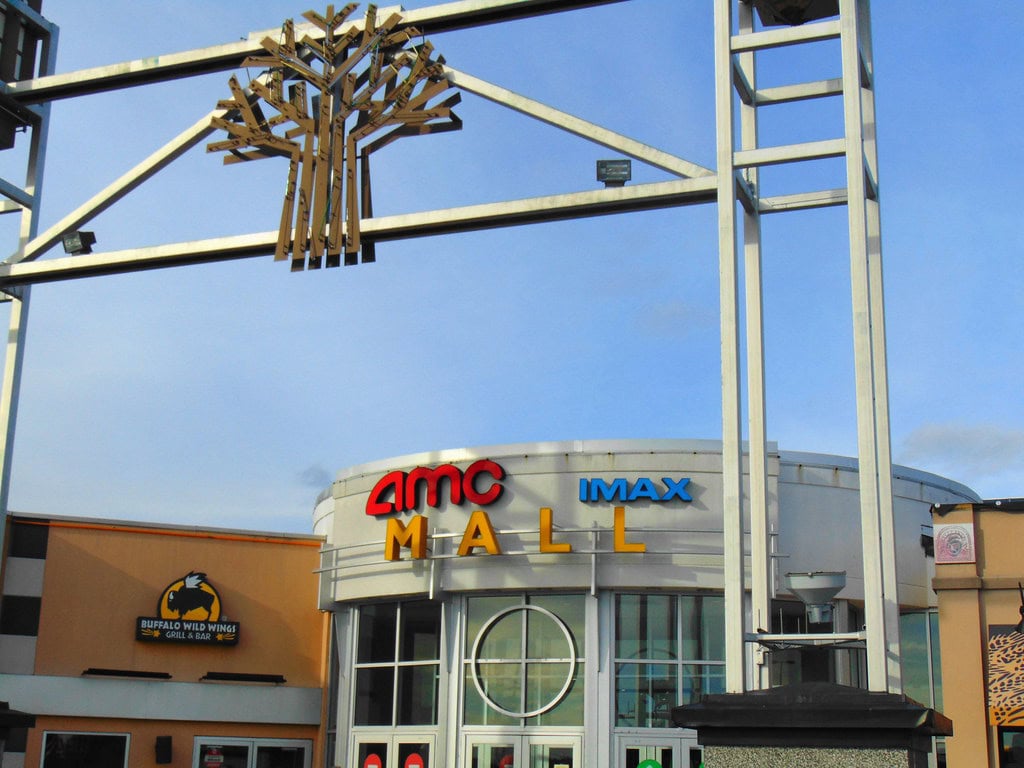
what a pity! I recall like it was yesterday when it opened up and thrived for over 2 decades, until mid 2015.
Mid-2015 is about the point where a lot of midsize enclosed malls either started reinventing themselves or began sliding downhill. Berkshire clearly ended up in the second group. Once anchors start dropping and ownership hesitates, it becomes very hard to claw back.